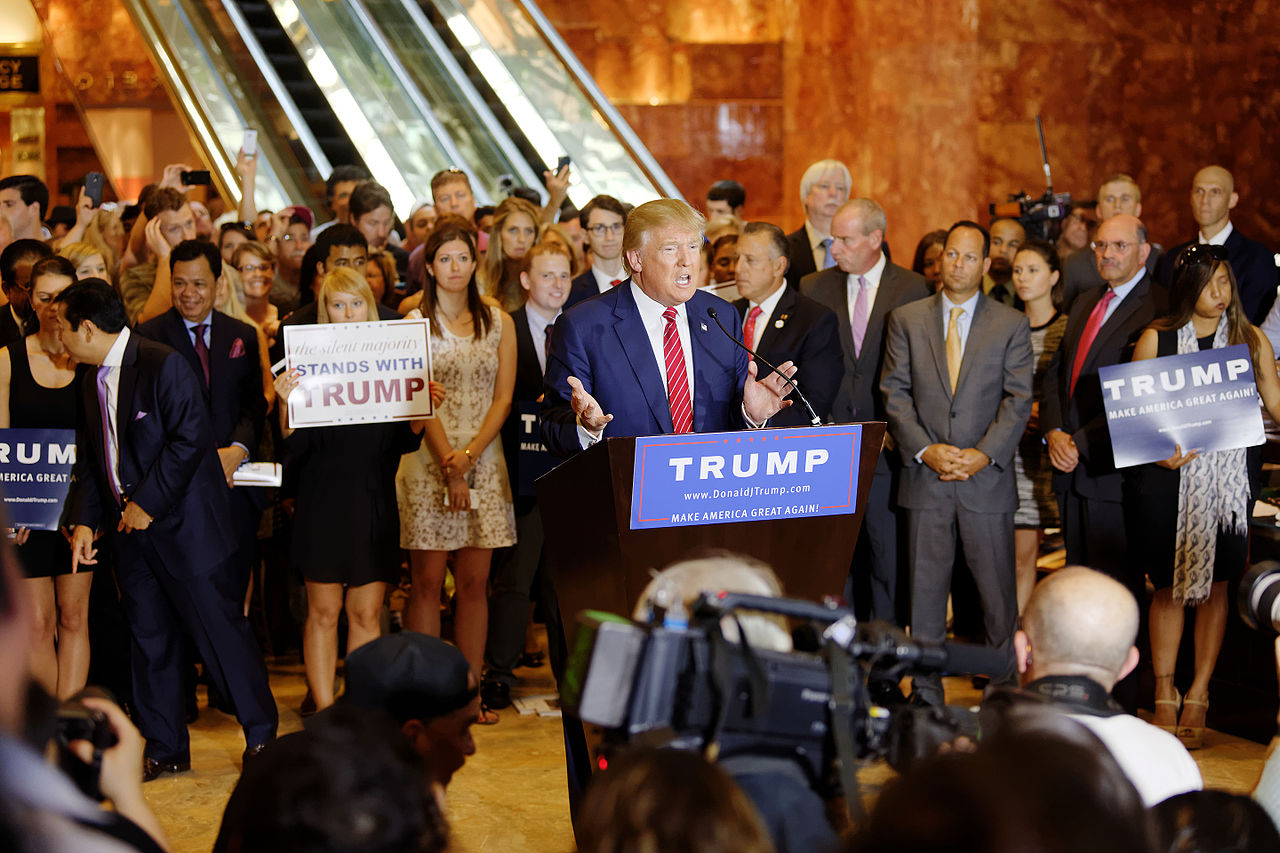In his fine new documentary All Governments Lie, Canadian producer Peter Raymont presents an indictment of mainstream journalism, which proved to be too complicit with government and power to warn us of calamities like the Vietnam war, the wars against Iraq, the banking collapse of 2008 and the ongoing war on terror, including weekly U.S.-directed drone strikes.
The documentary noted that, on the eve of the first Iraq war, the Washington Post ran a story debunking every rationale the U.S. government offered for attacking that country. But the story was buried on page 19.
At a showing of his film the other evening at Ryerson University, Raymont asked a crowd of journalism students: “Do they still teach objectivity in journalism school?”
He confessed he considers himself an activist, not a journalist. “An activist for the truth,” he said.
Surely we need lots more of that in journalism today.
Every day in Washington, 70 of the most senior journalists in the United States dutifully sit down for a staged briefing at the White House — stenographers writing down what they’re told — but no stories appear for weeks examining poverty or hunger among the dispossessed 99 per cent. Pictures of CEOs fill the financial pages daily but no one bothers to cover the world’s 65 million refugees. Newsrooms are being hollowed out because the economic model that has sustained mainstream journalism is broken. News is often reduced to clickbait to attract eyeballs. Publishers are usually hired for their business or marketing talents rather than any passion or understanding for how to cover the news.
All this has left journalists vulnerable to governments — especially the Trump administration — who demonize them as liars and providers of “fake news.” Public trust in the media has fallen to the level of used car salespeople.
When your job depends on getting along rather than going out on a limb, journalists tend to go along. They often hide behind the excuse of “being objective.”
Being objective means reporting what people say, but not what they do. It means reporting the claims but not the proof. It means being “balanced” and not taking sides. It often causes you to be distracted by flashy bits of tinsel — like Trump’s exaggerated claims of crowd size — and not having time to report what he’s actually doing to the environment.
We need better from our journalism today.
We should be outraged when Gerald Baker, editor-in-chief of the formerly august Wall Street Journal, declared his newspaper would not refer to false statements from the Trump administration as “lies,” because doing so would ascribe a “moral intent” to the statements.
The “public interest” demands that journalists today should be advocates for truth, transparency, justice and equality. They should free themselves of the shackles of objectivity and approach each story as skeptics, demanding evidence that government and business are acting truthfully and in the public interest. Too often, history tells us, they have not.
Stop teaching objectivity in journalism schools. No one, including reporters, can be truly “objective,” especially when they spend most of their time covering news emanating from people in positions of privilege and power.
When Donald Trump says the press is “the enemy of the American people,” and his chief strategist says “the media here is the opposition party,” that is so far from the truth that it’s laughable.
The answer is not cool-headed impartiality, as Fred Hiatt, longtime editor of the Washington Post editorial page, suggests. “The answer to dishonest or partisan journalism,” he assured readers, “cannot be more partisan journalism, which would only harm our credibility and make civil discourse even less possible.”
That won’t work. What if, as Leah Finnegan recently wrote in the New Republic, “the press can find a way to conceptualize itself as a true opposition party, then perhaps American journalism might stand for something that would be of value to readers and viewers.”
When reporters understand that it’s actually their job to expose the government’s misdeeds, crimes, and lies, being the opposition means nothing more than doing your job.
Like this article? Please chip in to keep stories like these coming.
Image: Wikimedia Commons




